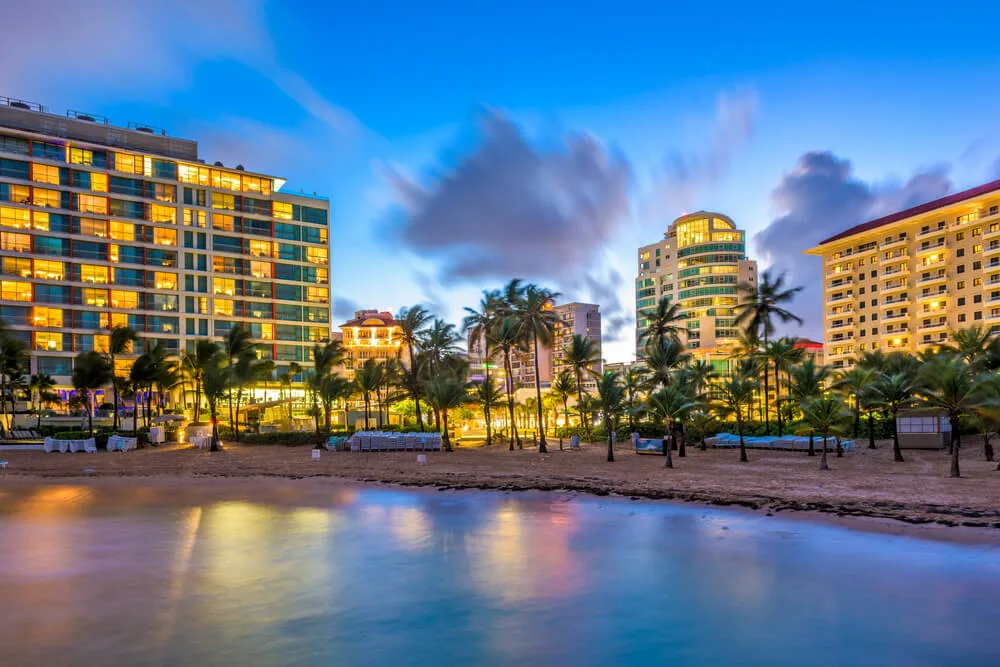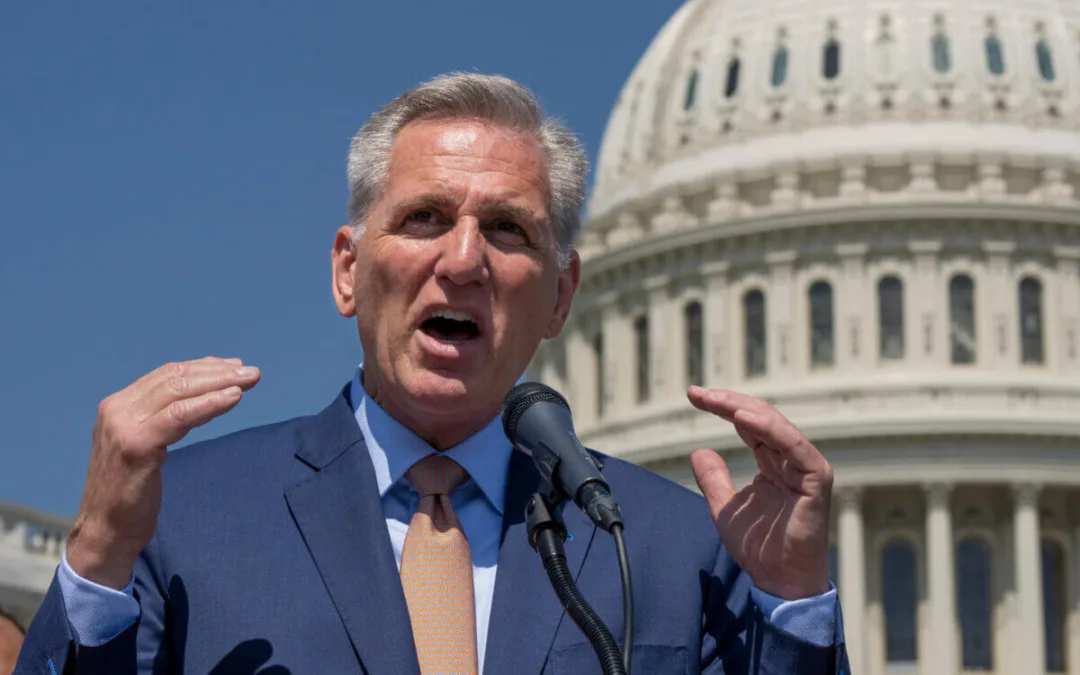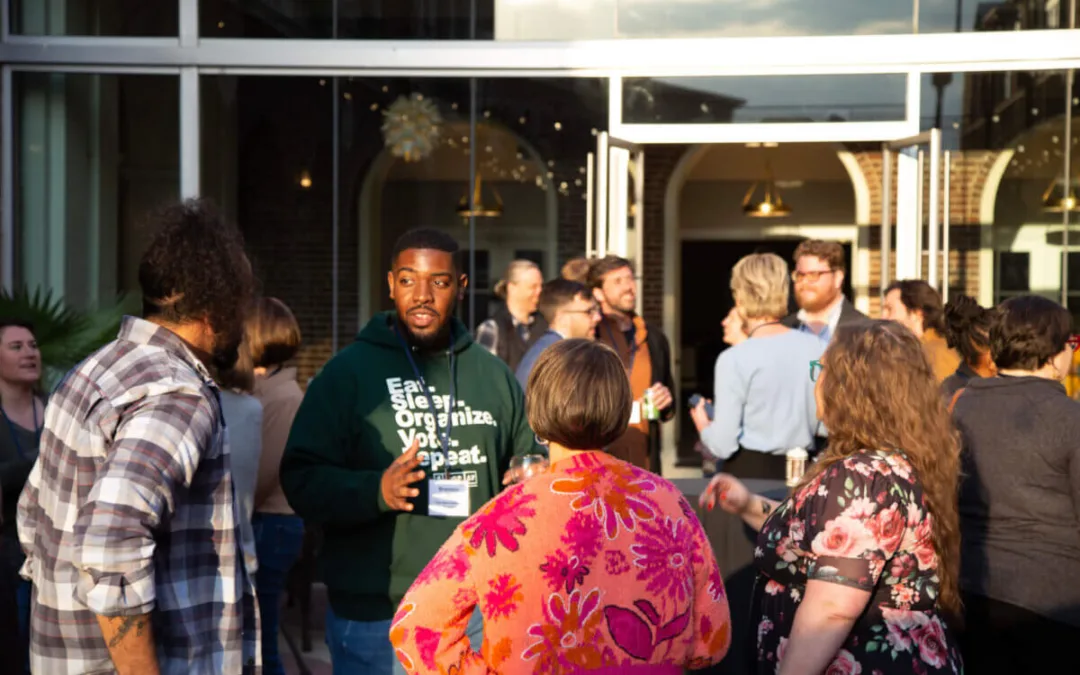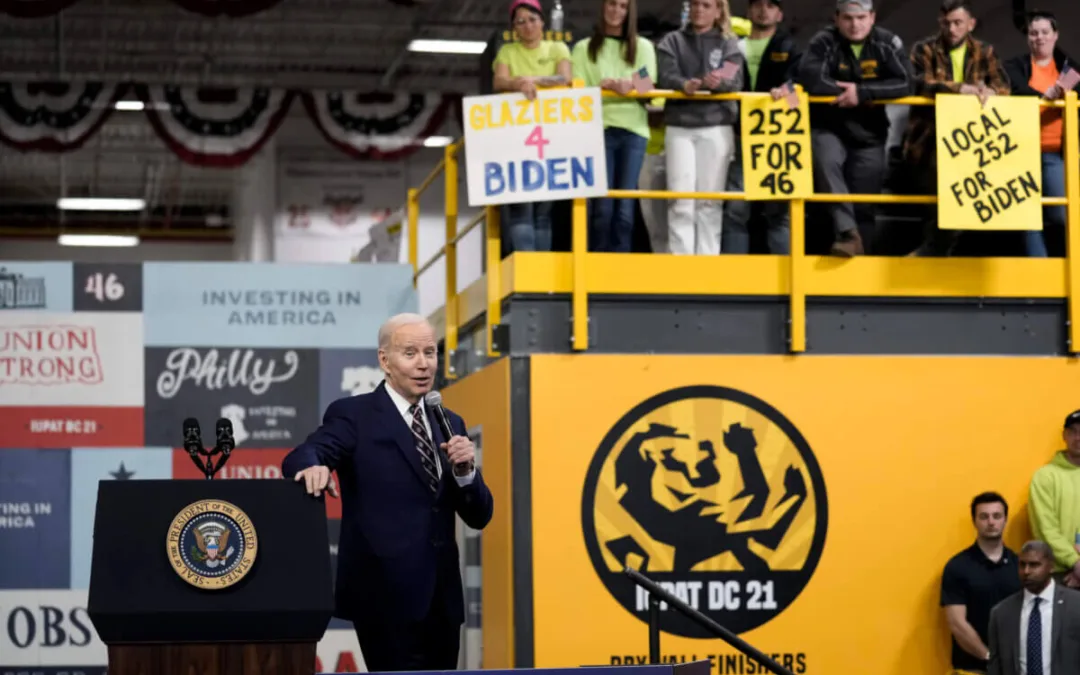
Image via Shutterstock
The local government has imposed measures that limit beach use to exercise only. Many tourists have already canceled their travel plans to the island for the following months.
SAN JUAN, Puerto Rico—The island’s already battered tourism industry has suffered a new setback, right at the beginning of the long-awaited high season.
On Monday, new safety measures were established by the local government to deal with the steady rise in the number of novel coronavirus cases since October.
Some of the new regulations include limiting capacity at restaurants, churches, casinos, and gyms to 30%. The tourism industry has been affected the most by a rule that stipulates that most beaches can only be used for exercise. Hotel pools and recreation areas have also been limited to 30% capacity.
Clarisa Jiménez, president and CEO of the Puerto Rico Hotel and Tourism Association (PRHTA), said the decision has caused “a fair amount” of hotel cancellations throughout the island.
“Usually, you start to see more movement of people after Thanksgiving. These measures put a stop to that,” Jiménez told The Americano. “Puerto Rico’s greatest attractions are its beaches. Although they can be used to swim and exercise, it’s not the same. There are people who simply like to sunbathe.”
RELATED: Experts Worry About Puerto Rico’s Rapid Rise in COVID Cases
Jiménez agrees with Dr. Jorge Argüelles Morán, former president of the Puerto Rico United Retailers Association (CUD by its Spanish initials), on how the government’s constant adjustments to its approach to dealing with the pandemic have brought instability to the tourism industry.
Since March, the government has reacted to the increase or decrease in positive COVID-19 cases. Gov. Wanda Vázquez, under the advice of medical and economic experts, has based decisions to ease or tighten measures on infection numbers.
“This is an industry that represents some 80,000 parents who have been affected by losing their jobs for a time,” Argüelles Morán told The Americano. “They go back and forth from unemployment because of the inconsistency of measures.”
Economic experts have criticized the way in which the government has handled the pandemic: when the numbers go up, all commerce is closed.
“The government does this regardless of where the outbreak happens, which seems to be very harmful for the economy,” Argüelles Morán said.
Jiménez explained the new limitations equally affect small and big chain hotels. The CEO said hotels have been responsible for following safety requirements, and investing in sanitizing products and equipment to deal with the pandemic.
RELATED: Know Your Risk: Use This Tool to Find Out How Likely It Is to Catch COVID Where You Live
“Hotels have also invested large amounts in constantly educating employeeș—all protocols are being complied with,” Jiménez said. “They have gone the extra mile, going beyond what the government requires or getting certifications from the tourism agency. We’re a highly regulated industry, used to complying with many things. It’s not been that difficult to adapt to the requirements.”
Experts are worried about low occupancy in hotels. According to Jiménez, when hotels lack guests, they still pay the same operating expenses to maintain their operations.
The tourism industry represents 7% of Puerto Rico’s gross domestic product. Argüelles Morán said estimates for next year predict that the island’s economic growth will be down by 6%.
The former president of the local retailers association said the economic impact will also affect casino slot machines with a 30% reduction in revenue. Casinos are subject to a gaming law which provides the government with significant income, along with hotel rooms and Airbnb taxes. Argüelles Morán said these decreases represent a loss of $47 million in comparison to the 2019-20 fiscal year that closed in June.
“This represents $21.3 million less for the University of Puerto Rico, $18.5 million less for the Tourism Company, and $7.1 million less for the Treasury Department,” the expert explained. “Not only is the industry being affected—its employees and the government are also affected.”
Under regular circumstances, tourists as well as Puerto Ricans who live abroad visit the island during high season to escape the cold and enjoy the beaches. Most tourists who visit the island arrive from the United States.
Although Argüelles Morán acknowledges that it was necessary to activate the National Guard to support police action in ensuring that citizens comply with security protocols, he noted that the activation does not generate a pleasant image for tourists.
“Most of our tourists are Americans who don’t welcome seeing military deployment on the streets,” the former president of the retailers association said. “It makes us look like one of those republics that has a military presence everywhere. It’s another deterrent to making the tourist who usually visits us feel comfortable.”
Health experts anticipated that the number of COVID cases would increase last week and this week because of exposure during the elections. People on the island are still crowding in public spaces. Last weekend, hundreds were reported to be gathered at the Placita de Santurce, a popular neighborhood square with bars and restaurants, even after the 10 p.m. curfew.
In response, San Juan Mayor Carmen Yulín Cruz will be closing all streets surrounding the area in order to curtail nighttime gatherings at the popular Santurce hangout.
“We’ve been at this since March; people are tired of being in the house,” Argüelles Morán said. “I don’t know if it’s better to shut down the economy completely and pretend people do not leave their houses. That’s not the case. People are looking to entertain themselves and are seeking recreation. Every weekend we hear reports of crowds.”
READ MORE: World-Renowned Arecibo Observatory in Puerto Rico Is on the Brink of Collapse
On July 15, after the government allowed tourists to enter Puerto Rico, there was an uptick in COVID cases as well as reports of incidents where locals confronted tourists refusing to wear masks.
That being said, Puerto Rico is currently on orange alert, which means high risk of contagion, according to researchers at the Harvard Global Health Institute. At this alert level, the Centers for Disease Control and Prevention (CDC) recommend for travelers avoid all nonessential travel to the island.
In past months, locals and activists alike have done campaigns on social media asking tourists not to visit the island to avoid bigger outbreaks. On Thursday, a new hospitalization record was set with 573 patients according to the Health Department reports.
Politics

Teamsters and UPS Reach Tentative Deal to Avoid Strike, 340,000 Workers to Get Raises
The tentative deal represents a huge win for full- and part-time UPS Teamster workers, who would get significant pay raises and better working...



One Republican Senator Is Blocking 265 Military Promotions, Leaving the Marines Without a Confirmed Leader
Sen. Tommy Tuberville's decision means these military officers are not getting the pay raises they’re owed, cannot move their families to wherever...
Local News



Teamsters and UPS Reach Tentative Deal to Avoid Strike, 340,000 Workers to Get Raises
The tentative deal represents a huge win for full- and part-time UPS Teamster workers, who would get significant pay raises and better working...



One Republican Senator Is Blocking 265 Military Promotions, Leaving the Marines Without a Confirmed Leader
Sen. Tommy Tuberville's decision means these military officers are not getting the pay raises they’re owed, cannot move their families to wherever...




